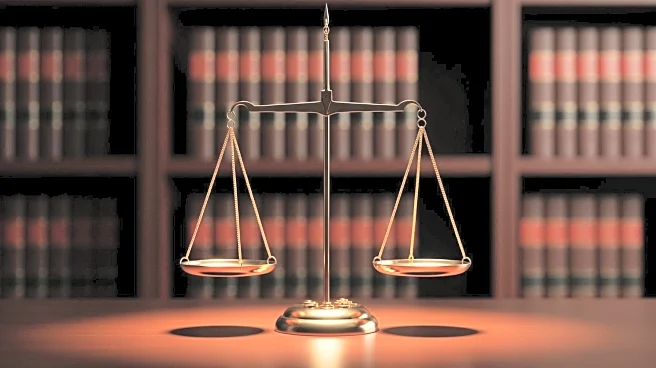Rapid Read • 8 min read
A significant increase in taxes on university endowments is creating financial challenges for some of the wealthiest colleges in the United States. This development has led several institutions to either lay off staff or implement hiring freezes as they navigate the financial uncertainty brought about by the new tax measures. The tax increase is part of broader fiscal policies aimed at addressing economic disparities, but it has raised concerns about its impact on the financial aid capabilities of these universities. The endowment tax, initially introduced as part of the 2017 Tax Cuts and Jobs Act, targets private colleges and universities with large endowments, requiring them to pay a 1.4% excise tax on their net investment income. This policy primarily affects institutions with endowments exceeding $500,000 per student, which includes some of the most prestigious universities in the country.
AD
The increased taxation on college endowments could have significant implications for higher education in the U.S., particularly in terms of financial aid availability. Endowments are crucial for universities as they fund scholarships, research, and various academic programs. With the added financial burden of the tax, these institutions may face challenges in maintaining their current levels of financial aid, potentially affecting students who rely on such support to afford higher education. The policy could also influence the strategic financial planning of these universities, prompting them to reassess their investment strategies and operational budgets. While the tax aims to address wealth concentration, it raises questions about its potential unintended consequences on educational access and equity.
As universities adjust to the new tax landscape, they may explore various strategies to mitigate its impact, such as restructuring their endowment management or seeking alternative revenue sources. Additionally, there could be increased advocacy from higher education institutions for policy revisions or exemptions to alleviate the financial strain. The broader educational community, including students and faculty, may also engage in discussions about the implications of the tax on academic and financial priorities. Policymakers might face pressure to reconsider the tax's structure or its application to ensure it aligns with broader educational and economic goals.
AD
More Stories You Might Enjoy











